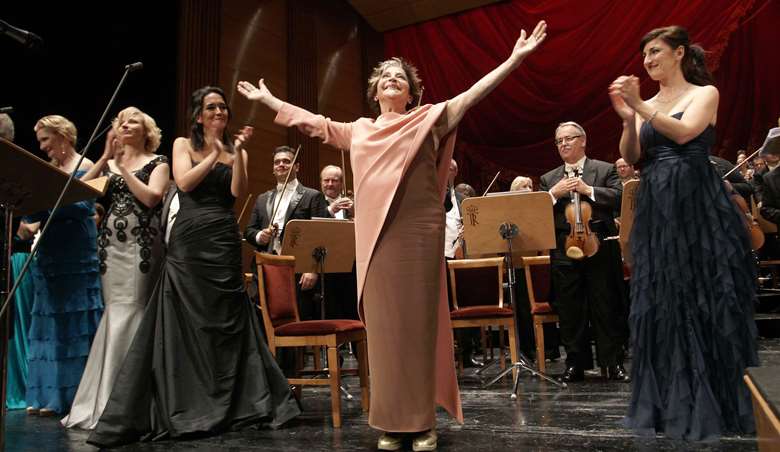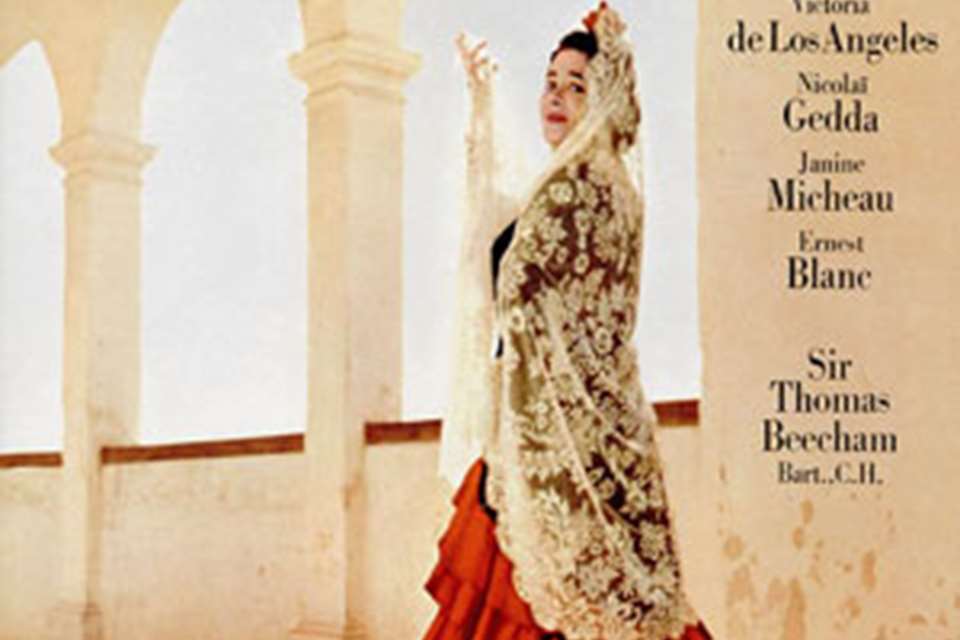The great mezzo Teresa Berganza has died
Friday, May 13, 2022
Mezzo Teresa Berganza died on May 13 in Madrid. We pay tribute...

Register now to continue reading
Thanks for exploring the Gramophone website. Sign up for a free account today to enjoy the following benefits:
- Free access to 3 subscriber-only articles per month
- Unlimited access to our news, podcasts and awards pages
- Free weekly email newsletter









